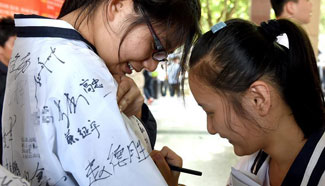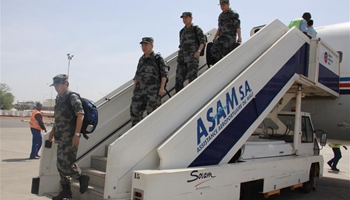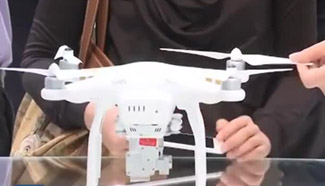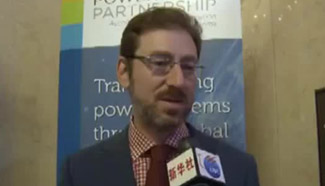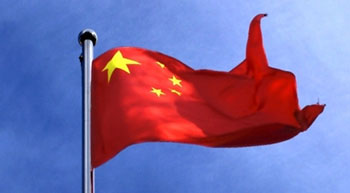by Xinhua Writer Liu Yang
BEIJING, June 4 (Xinhua) -- Within a week U.S. Defense Secretary Ashton Carter has repeatedly lobbied the idea of a "Great Wall of self-isolation" that China is supposed to be building, but such kind of claim cannot be further away from truth.
"China's actions in the South China Sea are isolating it at a time when the entire region is coming together and networking," Carter said during the ongoing annual Shangri-La Dialogue, which focuses on the security of the Asia-Pacific.
It is unclear which of China's actions Carter is referring to specifically are self-isolating, but he certainly chose to overlook the fact that China is the major driving force behind fostering ties with Southeastern Asian countries and consistently seeking to end disputes through dialogue.
China has been an active partner of the Association of Southeast Asian Nations (ASEAN) since the 1990s, establishing the "ASEAN plus three" framework and starting a new era of integration with its neighbors.
In 2013, China launched the "One Belt and One Road" initiative to further interconnect with Asian countries to promote trade, finance, security and infrastructure in the region.
Neither does China want to isolate itself nor do its neighbors want to isolate China, University of Macau assistance professor Chen Dingding, said.
Quite on the contrary, isolating China is rather the ambition of the United States, which through its "pivot to Asia" policy hopes to offset China's expanding influence in the region.
To pursue prosperity and security, it's logical for China to embrace the world and create win-win relationship models with other countries, while to contain China's growth, it's also logical for Washington to push China into isolation.
The United States' record of strengthening alliances, selling weapons, launching military exercises and internationalizing regional disputes are all attempts to drive a wedge between China and its neighbors.
"Ultimately, there is the danger of the United States becoming trapped in a conflict with China that it does not want in the first place," Chen said.
While China's foreign policy is featured with cooperation, mutual benefits and common development, U.S. diplomats seem to be fond of such rhetoric as containment, countering and intervention.
Given these two totally different approaches to global affairs, it's not hard to tell which set of mentalities is more suitable for the world.

